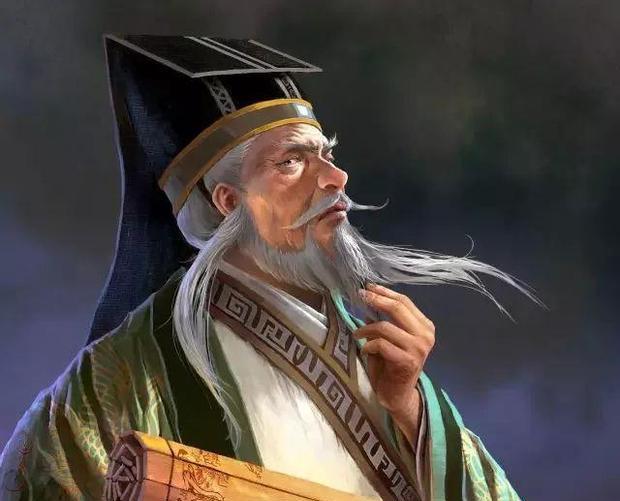
"Zhuge Liang in three parts of the world, Liu Bowen in the united country", Zhuge Liang and Liu Bowen are both geniuses, and both of them have created great achievements. As the founding military division of the Ming Dynasty, Liu Bowen has too many legendary stories. Although Liu Bowen, like Zhuge Liang, has been mythologized by later generations, his personal ability has long been recognized by the world.
It is said that after Zhu Yuanzhang sat on the dragon chair, the remnants of the forces in various places were gradually calmed down, but Zhu Yuanzhang was still not happy. As a military master, Liu Bowen naturally had to share the worries of the emperor, and Zhu Yuanzhang told him that he could not sleep at night because of a dream. It turned out that Zhu Yuanzhang dreamed of a real dragon in a dream, and this real dragon took off from a big mountain, and as a result, he took the Zhu family's jiangshan.
Liu Bowen listened, this is too easy to do, directly cut off the world's dragon vein can be. Before we can understand this story, it is necessary to understand what a dragon vein is. In layman's terms, the dragon vein is the undulating mountain range, the earth is the flesh of the dragon, the stone is the bone of the dragon, and the grass and trees are the hair of the dragon. The dragon vein is the treasure land of feng shui, where the essence of heaven and earth is gathered, once the dragon vein is occupied, it is likely to soar, and this is the land of dragon rejuvenation.
Ancient feudal superstitions prevailed, and rulers believed that once they occupied the dragon vein, it meant that there would be another emperor in the world, which they could not bear. According to feng shui and public opinion, the ancestor of the Chinese dragon vein originated from the Kunlun Mountains, which gave rise to a dragon vein, and the place where the dynasty rose was often the location of the dragon vein.
As the founding emperor, Zhu Yuanzhang was well aware of the importance of the dragon vein, and he ordered Liu Bowen to cut off the dragon vein in the world, so that the Ming Dynasty could be passed down for thousands of generations. Liu Bowen did not live up to expectations, he brought soldiers to dig up the ridge and vent the dragon qi, and 99 dragon veins were cut off in this way.
However, when Liu Bowen came to the northeast to see the dragon vein of Changbai Mountain, he turned his head and left. Changbai Mountain is located in the southeast of Jilin And is named after the abundant white stones and perennial snow on the main peak, also known as the "First Mountain of Kanto". During the Western Han Dynasty, Changbai Mountain was called "Non-Forming Mountain", for example, the "Classic of Mountains and Seas and the Great Wilderness of the North Classic" has a record: "Beyond the Northeast Sea, there are mountains in the great wilderness that are not salty, and there is the country of the Sushen clan." ”
The reason why Liu Bowen did not cut off the dragon vein of Changbai Mountain was completely an accident. Cutting off the dragon vein was originally an act against the heavens, which would damage Yang Shou, when the party came to Changbai Mountain, the sky fell blizzard, Liu Bowen pinched his finger, thinking that the heavens here warned him. Liu Bowen, who was already ill, was even more worried, and he said to the generals: "Everyone quickly evacuate, it is important to save your life, the university is a warning from heaven to us." ”
It is lamentable that Changbai Mountain eventually became the land of Longxing in the Manchu Qing Dynasty. Nurhaci and Huang Taiji attached great importance to Changbai Mountain, and they designated it as a forbidden area, seeing it as the lifeblood of the Manchu Qing. The rich resources of Changbai Mountain provided the possibility for the rise of the Manchu Qing. The Kangxi Emperor believed that "Changbai Mountain is the birthplace of the ancestors, and there is no one who knows it now", which also shows that the Qing rulers believe that Changbai Mountain is the base camp of the Manchu Qing.
References: Liu Bowen, Changbai Mountain